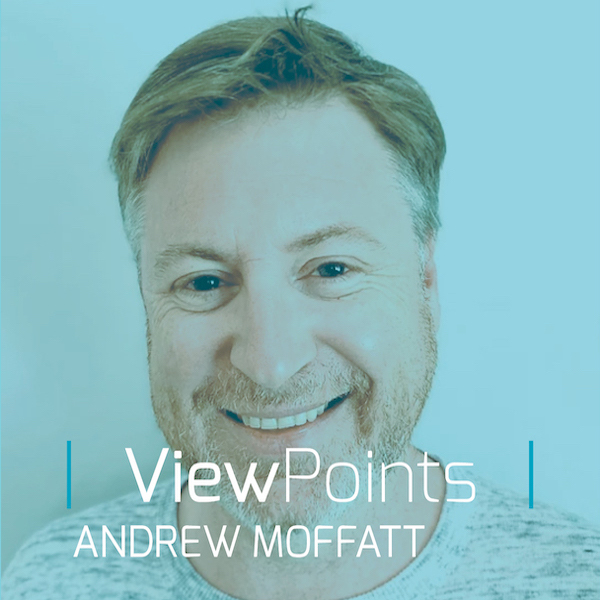
Andrew is a native of Ireland and is a 20-year veteran in the market research industry. He is an expert in growth and innovation strategy and has built and led sales and operations teams in 20+ markets across the world. Most recently, Andrew was Chief Strategy Officer at OpinionRoute, developing technology solutions that address key macro issues in the market research industry and prior to that Andrew spent >18 years at Survey Sampling International (now part of Dynata).
Andrew has a unique ability to fuse a powerful blend of leadership, business expertise, and vast industry experience to create game-changing strategies with clients. He is passionate about building and scaling new companies, start-up environments, creating simple, effective solutions to tackle large complex problems, and driving technology adoption that transforms businesses.
Andrew spoke with us about the evolving world of market research and increasing importance of data platforms and behavioural data in particular.
How did you get into the world of market research and what has your journey been?
The truth is – for love! It was our last year of college, and my girlfriend at the time – who’s now my wife – was moving to the United States. I thought, well, I think I’m going to do that too. But, being from Ireland, I had to get a job in order to get a visa. So, I got my hands on a market research conference list and applied to a lot of places and what was then called Survey Sampling International (SSI) – now part of Dynata – actually bit! I started as a junior salesperson on an internship visa, and here I am still in the industry all these years later.
I stayed with SSI for nearly 20 years which was quite an adventure helping the company globalise. I spent some time in Europe heading up sales and supporting sales growth after they acquired Bloomerce. For the last few years, as a member of the executive team, I focused on the company’s key strategic partnerships and initiatives.
I really enjoyed my time at SSI, and it gave me a lot of exposure to everything offline and online research. I particularly enjoyed working with companies like Nielsen, who we helped build measurement panels all over the world and supporting online and mixed mode interviewing in multiple countries (that made sense to do online interviewing in). The experience allowed me to ‘look under the hood’ at the market leader and gave me insight into a world that you typically don’t get to see, so it was quite cool.
After that, I joined a start-up focused on data collection and led building the technology practice for them. And most recently have started Lighthouse.
Can you tell us a little bit more about Lighthouse and why you started the business?
I think a part of why we started Lighthouse has to do with who we are and our backgrounds. Our team have worked together for 15 plus years, on and off in different capacities and different roles. On our team, we have Mark Slobbe, from the Netherlands, whose last role was at Dynata as EVP operations, and was responsible for integrating SSI and Research Now’s operations teams. Also, we have Dave Nager who has been with me running sales and ops in different capacities for almost 20 years as well. Between the three of us and the experience that we have, we saw opportunities in the market to support organisations using our collective expertise.
Right now, we’re doing things such as helping companies that want to bring quant operations in-house, supporting companies that want to build their own panels in certain countries, and working with companies looking to build data assets.
Lighthouse has partnered recently with RealityMine. Can you tell us a little bit about how you guys are planning to use RealityMine behavioural data technology?
Building off of what I mentioned earlier, we are working with a marketing agency, and we’ve partnered with RealityMine in order to create behavioural and location datasets for them. In that process, we have also built a mobile application to enable that data collection to happen, so that we can essentially deliver to our client a continuous behavioural data stream. It includes app, web and media data, and the client will be able to get in and see what people are consuming from an entertainment point of view and from a shopping perspective. It’s super interesting understanding what’s happening behind walled gardens at the likes of Walmart or Amazon. It will help them solve challenges within brands, understand customers better and build out shopper journeys for certain segments.
They are also experimenting with ways of how to advertise effectively once cookies are eliminated. It’s a scramble in the marketing world in terms of ‘how to live in a world beyond cookies’. We are exploring ways to create segmentation or personas and push them into some DMPs or ad platforms and be able to target better from an advertising perspective. There’s a growing need to figure the post cookie world out.
That’s very interesting, thanks for sharing. Switching to a slightly different topic — it’s a very dynamic time in the insights industry. Lots of change. Lots of M&A going on. Some pretty eye watering valuations. No one has a crystal ball. But what’s your view from where you sit on, where the winners and losers will be found in the insights industry over the next few years?
There are certainly some interesting deals happening with pretty sizeable valuations. Lucid-Cint and Numerator-Kantar. You also have the likes of DISQO taking on significant investments and acquiring some of the Verto technology. So, there’s a lot of money floating around at the moment it seems.
I see the winners coming out as the ones leveraging data in a new innovative way allowing for deeper insight into the consumer behaviour. A lot of data collection has issues within the supply chain e.g. fraud that exists in the channels. There are big efforts being made to reduce the noise by making the supply chain ‘cleaner’.
The way I see things moving forward is that the whole industry will evolve to use the type of data RealityMine collects through its behavioural data technology — behavioural data, location data, purchase data, even ACR – and using that data to understand people better and then asking questions about why they’re doing things. If you can create an asset that gives you the ‘what’ and the ‘how’ i.e., you know people have gone to Starbucks and Dunkin Donuts in the past seven days, and then can more easily get to the ‘why’, that’s where I see research evolving to.
When you look at the likes of Kantar or DISQO and some of the other bigger players, they’re spending a lot of money in this continuous data space and evolving their existing models into something more future-proof because it can allow you to do things like shorten questionnaires. With fraud also rampant, trust in traditional data channels is at an all-time low and the solution to combat this problem is to ask more questions to ensure you are talking to the right person, which further compounds the issue.
I believe the winners in the future leverage data more than ever and allow for shorter trigger or behaviour-based engagements that understand the “why” behind observed behaviours.
So, we might expect that within the mainstream sample world ongoing commoditisation and quality issues will persist, but then alongside that you are going to have high value, high quality panels for more bespoke data collection?
I think so. If I look in the U.S., there are no real access panel companies anymore, in the traditional sense. There are panel companies, but they’re all evolving to do more research, provide more insight, and move more towards brands. I think a lot of the panel players see an opportunity to disintermediate some of the traditional larger research players, and there are others that will make their way into that mix as well.
There’s a lot of change and a lot of flux happening at the same time. The industry has evolved quite a lot and I think there’s more money and more opportunity in the space than ever before.
So, here we are in January 2022 … what are you excited about for this year? The end of the pandemic maybe?
That would be wonderful! Honestly, it’s been really interesting so far for us at Lighthouse. We’re super excited because our new app has launched, which allows us to collect location data and behavioural data for clients and then create data assets for them, which is something we’ve been working on for six months from a design and development point of view, but from a concept point of view, longer. So, 2022 for us is set up for us to grow and continue learning.
Congratulations on the launch. Alright, our last question: You’ve spent your entire career in the market research industry in one way or another, but if you could have your absolute dream job, what would it be?
You know, I kind of feel like I do. I don’t think anyone would say “Hey, I want to be in market research” as a teenager. But being an entrepreneur is quite interesting and getting to work with people that I know and like is really important to me, and I have that right now.
Of course, if you asked me this question as a teenager, I would have said play for Arsenal, but I’m not quite as fit or as good as I would need to be to do that anymore, not that I ever was, but I’m quite happy with where I am now.



